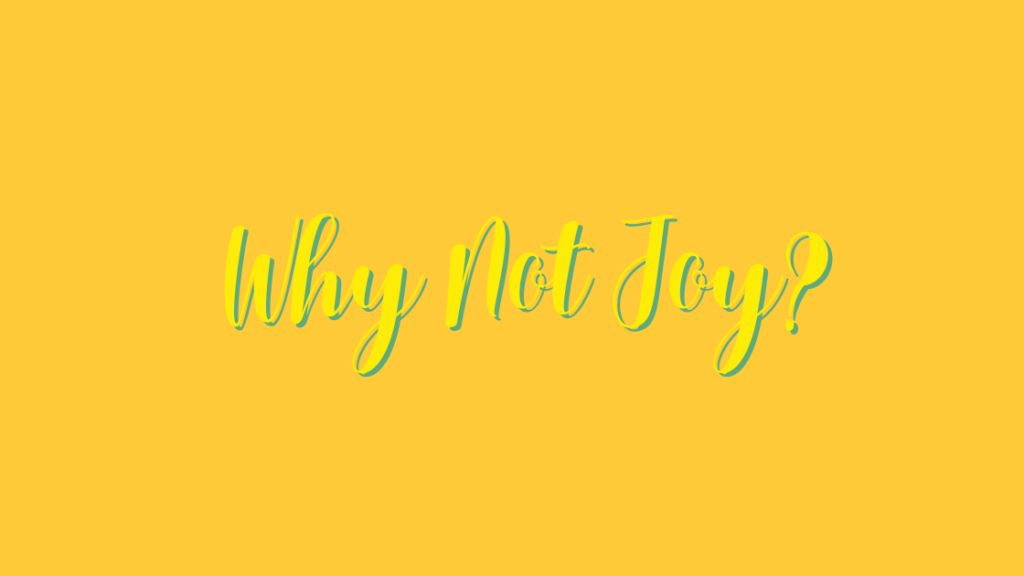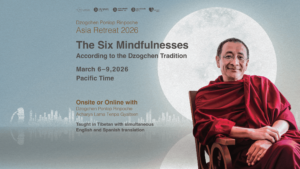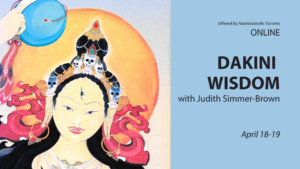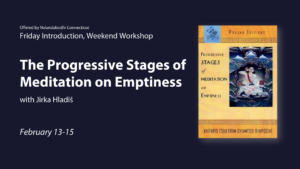One way Buddhist teachings describe virtue is as six positive qualities that can be practiced and perfected. One of these is known as “joyful diligence” or joyful engagement. Diligence appeals to me. My compulsive streak supports a habit of grinding through my “To Do” list, often with a grudging “get-it-over-with” attitude. Many routine tasks I do on autopilot, not really present at all. While I might earn an “A” for diligence by some standards, embracing the joyful aspect is often beyond me. I can turn even a session of meditation into a chore to power through.
So, the idea of joyful diligence functions for me like a koan, a paradoxical riddle: it interrupts my usual ways of thinking about both secular and spiritual activity. Aspiring to joyful diligence also prompts me to look deeper at my assumptions. I start out asking how I can connect with joy in whatever I’m doing. I end up wondering, why isn’t this activity joyful? Why can’t it be joyful, whatever it is — work phone call, meditation session, dental appointment? Can I engage with joy even in difficult moments, without pretending or denying, and without relating to the experience as inherently joyless?
A lesson in joyful engagement happened recently when I had a mammogram. The mammographer, a woman in her 30s, greeted me, ran through a few questions and explanations, and then guided me to the mammogram device. A mammogram can be an intense and even painful experience. The woman maneuvered me into position, then stepped back to the controls to check for any adjustments. She called out her assessment of my final pose: “That’s beautiful . . . you’re beautiful . . . perfect . . . you’re fine just the way you are. Perfect just the way you are!” She sounded genuinely happy. A feeling of reassuring warmth and acceptance flowed through me.
I knew she meant that I was in the right position, but the kind energy of her words helped me to relax, feel connected to her. I felt cared about, and happy. No mammographer has ever said these words to me. The woman performs this activity all day, every day. Her “To Do” list includes patients who may be scared, irritable, in pain, uncooperative, traumatized. Within her daily routine, perhaps she noticed an opportunity to offer her patient a gift and acted on it, with creativity and liveliness — open to joy and offering it.
Exercise/Meditation/Ejercicio
Consider a time when you often act automatically, without a sense of your own presence or connection to another person: brushing your teeth, greeting your partner, thanking a café server, taking out trash, helping a co-worker untangle a technology problem.
Now, ask yourself:
- Is there a way I could be more present during this activity, like taking a few calming breaths to help inhabit my body more fully, pausing to notice the experience as it unfolds, coming back to it when I drift away in pre-occupation?
- What will remind me next time to be more present — for example, the sight of the logo on the server’s shirt, the whiff of rotting veggies, the toothpaste cap?
Then, once you begin to show up to the activity more fully, consider exploring where joy might be. Ask yourself:
- Why not connect with joy?
- And, what are the obstacles to my experiencing and sharing any amount of joy here and now?

A student of Dzogchen Ponlop Rinpoche since 2015, clinical psychologist Ellen Balzé began working with the core Path of Mindful Activity team in 2018. Collaborating with other Nalandabodhi members on various projects has created precious opportunities for her to pause, relax, and reflect. She enjoys baking bread and caring for succulents.






